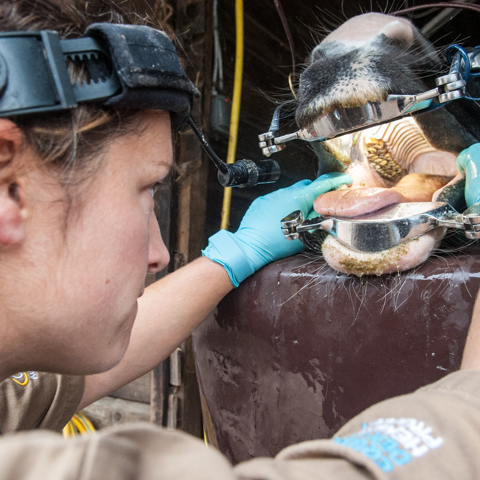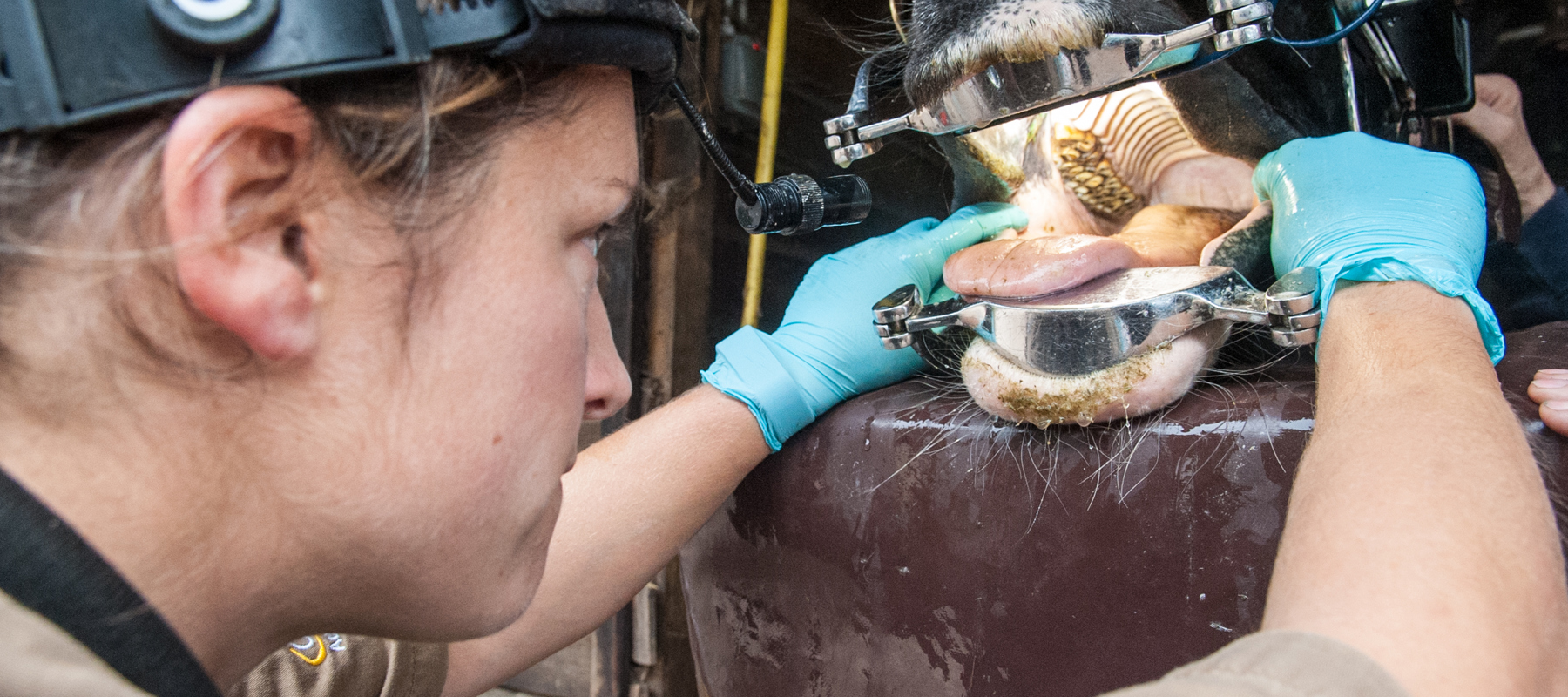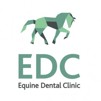
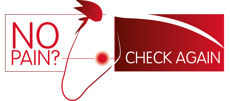
During our Dental Awareness Week, the Horse Care & Welfare Team hosted a brand new conversation about our horses dental health.
With featured speakers, directors of the Equine Dental Clinic & Specialists in Equine Veterinary Dentistry Dr Chris Pearce & Dr Nicole du Toit, sharing their experiences and expert knowledge on this important topic area.
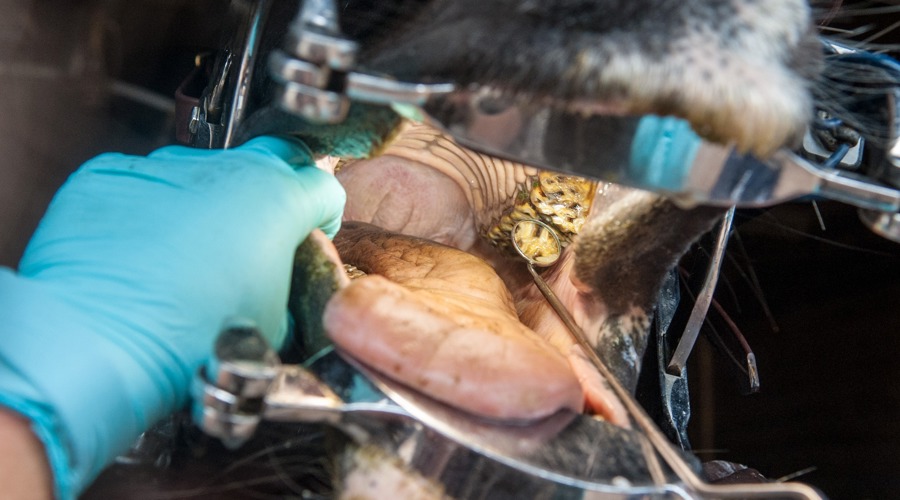 play-circle
play-circle
Watch
The Moment of Tooth webinar
Ask the experts
Below you’ll find the answers to some of the questions we get asked the most about equine dental health
1. At what age should I first get my horse's teeth checked?
chevron-down
chevron-up
The recommendation is any time from 18 months to 2 years of age to check for:
- Any developmental abnormalities or related painful disease
- Excessive sharp enamel points
- Presence of wolf teeth and extraction considered.
These checks are essential before any type of groundwork is started.
2. How do I care for an older horse’s teeth?
chevron-down
chevron-up
Older horses require more regular routine dental examinations to make sure there is no development of caries (decay), diastemata (gaps between teeth) or other painful dental conditions that are more common in older horses. Shorter reserve crowns in older horses mean they can develop displaced or loose teeth that may need extracting.
Older horses’ teeth develop a smoother surface making them less efficient at grinding, and age-related loss of enamel in some teeth but not others can lead to the development of large overgrowths. In some cases, horses may require supplemental feeding with hay pellets, grass pellets or other soft fibre supplement. The feeding of short-chopped forage such as chaff is generally not advised in older horses.
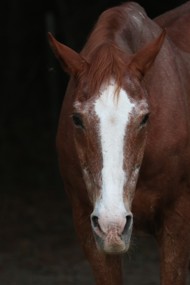
3. What are ‘Wolf teeth’ and how do I manage these if my horse has them?
chevron-down
chevron-up
Wolf teeth are small pre-molars that are not functional. They normally sit just in front of the first cheek tooth of the upper jaw, or occasionally the lower jaw, and may occasionally be displaced, loose or large and may interfere with the bit during exercise. For this reason, they are most often extracted when found in young horses. If your horse has wolf teeth and you are concerned, they may be causing issues, they can be extracted by a vet under standing sedation and local anaesthesia. For older horses that are not showing any issues they may be left alone, however every case needs individual consideration.
4. Can regular dental treatment reduce the risk of colic?
chevron-down
chevron-up
Severe dental disease that impacts your horse’s ability to chew and grind down their food may lead to a blockage (impaction colic) or other digestive upsets. Regular dental treatments every 6-12 months will help to keep your horse eating efficiently so may be beneficial in reducing the risk of colic.
5. Can dental issues be linked directly to poor performance?
chevron-down
chevron-up
Painful dental conditions can make the horse generally uncomfortable in the mouth and may interfere with exercise especially when using a bit. It may be direct pain from the bit, or just increased pain from the area with the increased blood flow and movement of exercise.
6. Why might my horse be sedated to check their teeth?
chevron-down
chevron-up
Sedation helps to make the horse more relaxed, and in particular, it helps the tongue to relax. This allows for all the dental surfaces to be examined, especially far back in the mouth, so that small significant injuries may be detected earlier on.
In some cases, horses may object to having their dental examination and rasping. Giving sedation means the examination can take place safely with less risk to your horse, the handler or dental practitioner.
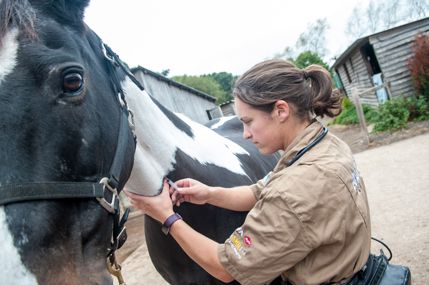
7. Why might my horse not show any signs that they have a dental problem?
chevron-down
chevron-up
Horses are stoic animals, which means they can endure pain for long periods of time without showing signs. With pain related to teeth horses can adapt choosing to chew on the non-painful side of their mouth meaning issues can go unnoticed as the horse is still able to eat and maintain their normal weight, unless so severe that they can no longer compensate.
8. How can I best look after my horse’s teeth and prevent dental issues?
chevron-down
chevron-up
6 - 12 monthly dental examinations and rasping by a suitably qualified dental practitioner (equine vet or a dental technician registered with either the British Association of Equine Dental Technicians or category 2 members of The World Wide Association of Equine Dentistry) is essential for early detection of dental disease and to ensure comfort from normal sharp points.
If there are any concerns, referral to a veterinary dental specialist for an oral endoscopy examination under sedation and other appropriate treatment as soon as possible is recommended. If early-stage dental disease is not treated, it will progress, and any chance of saving a tooth will be lost. Every horse can benefit from an oral endoscopy camera examination from time to time to really check carefully that no issues are developing.
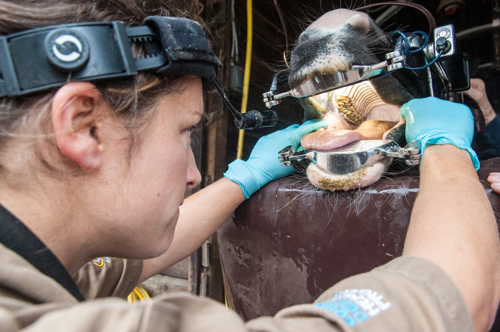
Get in touch –we’re here to help
Opening times are 8:35 am - 5 pm from Monday – Thursday and 8:35 am - 3 pm on Friday.
*Calls may be recorded for monitoring purposes.


